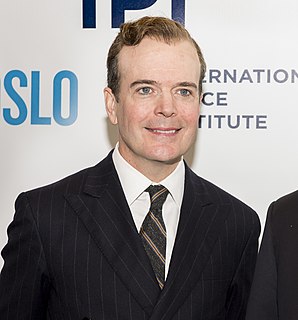A Quote by Robert Hass
Literature, the study of literature in English in the 19th century, did not belong to literary studies, which had to do with Greek, Latin, and Hebrew, but instead with elocution and public speaking. So when people read literature, it was to memorize and to recite it.
Related Quotes
Literature cannot develop between the categories "permitted"—"not permitted"—"this you can and that you can't." Literature that is not the air of its contemporary society, that dares not warn in time against threatening moral and social dangers, such literature does not deserve the name of literature; it is only a facade. Such literature loses the confidence of its own people, and its published works are used as waste paper instead of being read. -Letter to the Fourth National Congress of Soviet Writers
As a woman of colour, as a person who is a minority, I believe its important that other people know about my language and I don't necessarily have to explain. In the same way, when I read 19th-century literature and if I have to understand a Latin phrase or a French phrase, it is incumbent upon me to learn it.
I have another aspect of my career where I'm a scholar of Yiddish and Hebrew literature, and I'll say that when you study Yiddish literature, you know a whole lot about forgotten writers. Most of the books on my shelves were literally saved from the garbage. I am sort of very aware of what it means to be a forgotten artist in that sense.







































